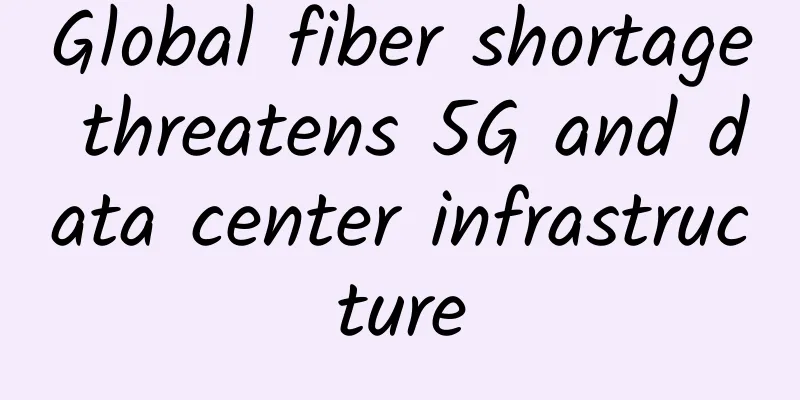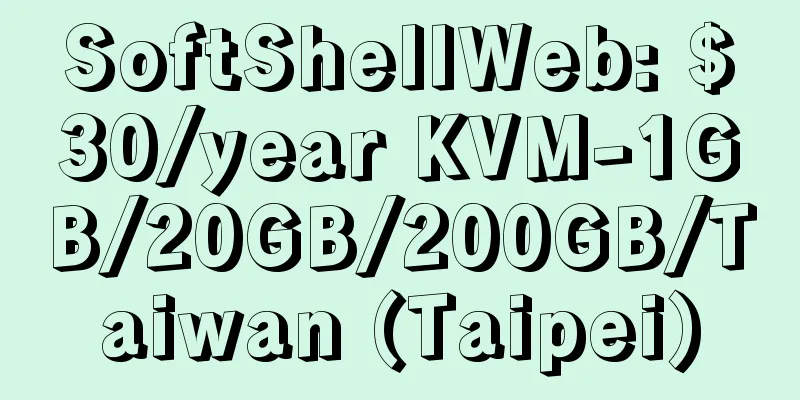Global fiber shortage threatens 5G and data center infrastructure

|
According to a report by the Financial Times (FT.com), market intelligence company Cru Group recently revealed that a global shortage of fiber optic cables has pushed up product prices, extended supply lead times, and cast a shadow on ambitious industry plans for advanced telecommunications infrastructure. As the Financial Times website reports, the timing couldn't be worse. Governments around the world have set ambitious targets for rolling out ultra-fast broadband and 5G infrastructure, both of which of course require laying large amounts of fiber-optic cables underground. At the same time, the report notes, companies such as Amazon, Google, Microsoft and Facebook's parent company Meta are expanding their data centers around the world to meet growing demand, including deploying undersea fiber-optic cables around the world. Fiber optic prices hit 3-year highAccording to the Financial Times website, Cru's analysis shows that fiber prices have now reached their highest level since July 2019. North America has been less severely affected than Europe, China and India, but this situation may not last long. At the same time, the price surge has led to a significant increase in delivery times for optical fibre, with delivery times for small customers extending from 20 weeks to nearly a year, the report said. Ankit Agarwal, managing director of STL, one of the UK's largest optical fibre suppliers, told the Financial Times website: "We are all prioritising the fastest delivery speeds for our largest customers." Cru Group said Europe, India and China were among the regions in the world hardest hit by the price increases, with the analyst saying fibre costs had risen 70% from a record low in March 2021, from $3.70 per kilometre to $6.30. The report noted that Cru estimates that total cable TV consumption in the first half of 2022 increased 8.1% compared to the same period last year. The analyst said China accounted for 46% of total consumption, and North America was the fastest growing region, with a year-on-year increase of 15%. "I've never seen deflation like this in my career," Wendell Weeks, CEO of Corning, was quoted by the Financial Times website as saying. Corning is one of the world's top fiber optic cable producers. Weeks noted that the company has been significantly increasing production to meet exponential demand from governments, telecom companies and large technology companies, including building new facilities in the United States and Europe. Rising raw material costsNotably, the report highlights that the root cause of the cable shortage is the rising prices of some key components in the manufacturing of fiber optic technology. The report said the price of helium, a key component in making fiber-optic glass, had risen 135 percent over the past two years, mainly due to factory shutdowns in Russia and the United States. Meanwhile, prices for silicon tetrachloride, another key component in optical fiber manufacturing, have risen 50%, according to Cru. “Given that deployment costs have suddenly doubled, there are now doubts as to whether countries will be able to meet the targets they have set for infrastructure rollout, and whether this will have an impact on global connectivity,” Cru analyst Michael Finch told the FT website. |
<<: SDN: From ideal to reality
>>: What is the value of 5G at the edge?
Recommend
Why is it so difficult for operators? How can it not be difficult when they are faced with difficulties along the way?
[[353944]] This article is reprinted from the WeC...
Qeru: $3/month KVM-3GB/40GB/5TB/Dallas Data Center
According to information from LET, Qeru recently ...
5G+4K: This is how you can spend Valentine's Day this year
A sudden epidemic has plunged the whole country i...
What will Beijing Supply and Marketing Big Data Group do after obtaining the CDN license?
[51CTO.com original article] 2017 is a critical y...
From "application availability" to "service accessibility" - the DNA innovation rule of Borei Data
[51CTO.com original article] In the past, users o...
A 100% timeout murder caused by maxing out the bandwidth!
[[421757]] Verse: Do not advise others to do good...
China's 5G users account for more than 70% of the world's total
The latest data from the Ministry of Industry and...
British media: Britain is likely to fail to achieve broadband and 5G targets by 2025
According to a report on the BBC website on Decem...
Megalayer: San Jose CN2 line VPS monthly payment starts from 48 yuan, Hong Kong VPS monthly payment starts from 59 yuan
The tribe once shared information about Megalayer...
After three whole years, what changes has 5G brought us?
On June 6, 2019, my country officially issued 5G ...
Photos: 2017 Huawei Connect Conference leaders and guests' wise words
HUAWEI CONNECT 2017 opened on September 5 at the ...
I would like to say a few more words about this communication failure...
These days, everyone is paying attention to the ...
[Black Friday] CMIVPS: 50% off on all VPS annual payments, 30% off on top-up
CMIVPS has launched its last big promotion this y...
RAKsmart: US VPS starting from $1.99 per month, supports Windows, optional premium network/mainland optimization
I have shared information about RAKsmart many tim...
spinservers: $99/month - 2*E5-2630Lv3, 256GB memory, 2*1.6TB SSD, 30TB/10Gbps bandwidth, Dallas data center
spinservers recently released several promotional...









